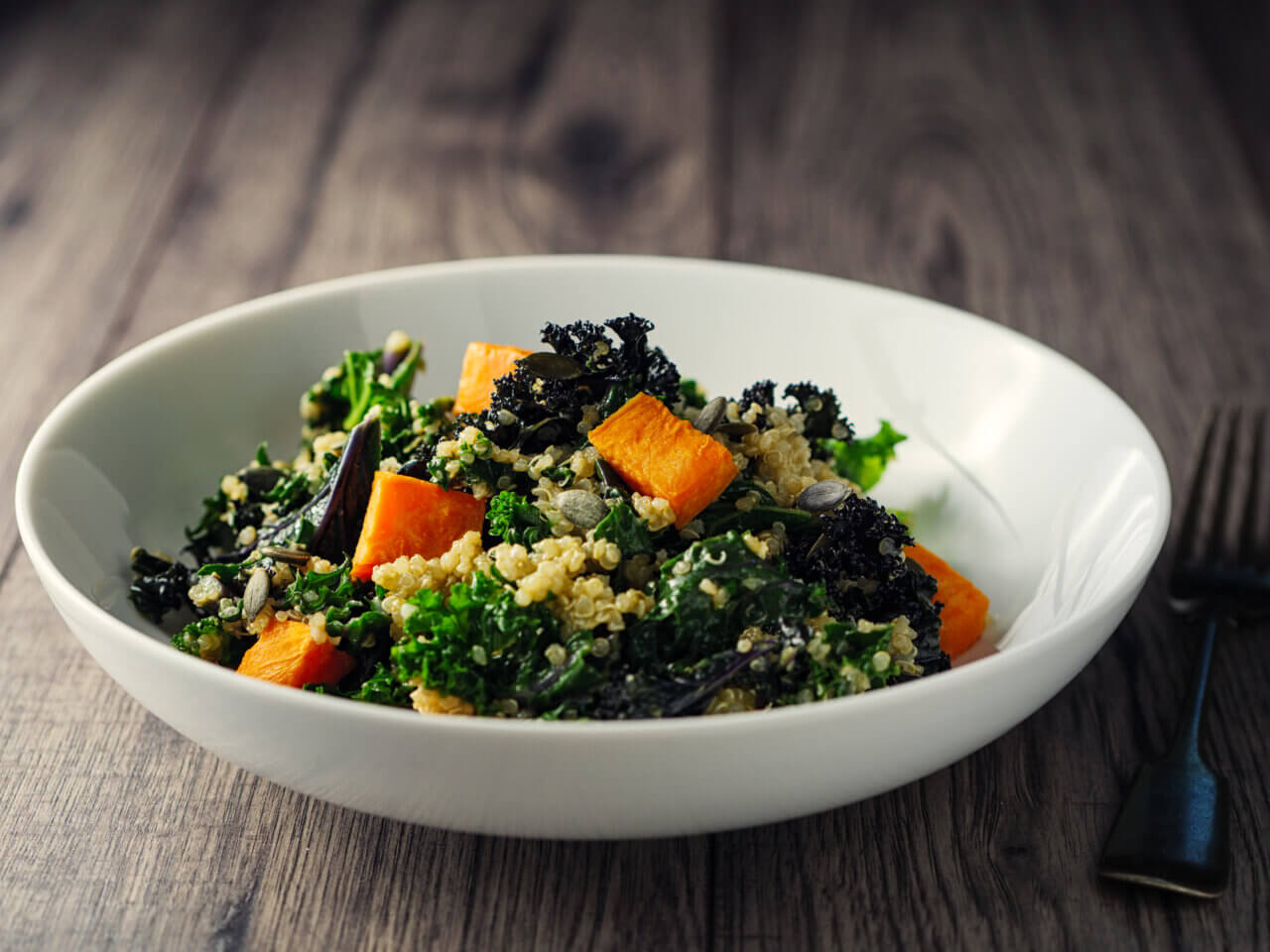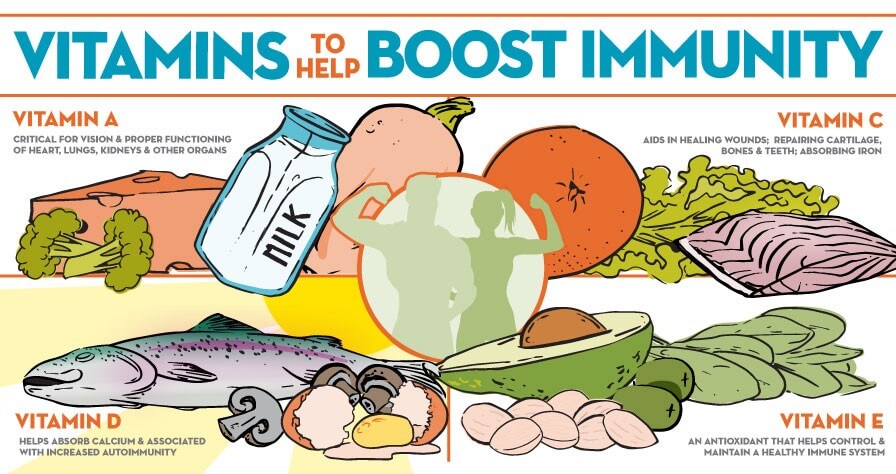Antioxidants for Heart Health

Research has shown that antioxidants can be beneficial for improving your heart health and can help prevent coronary heart disease (CHD). The antioxidants you get from eating a healthy diet with plenty of fruit, veggies, whole grains, beans, legumes, and nuts are a big part of a heart-healthy lifestyle.
Types of Antioxidants for Heart Health
Antioxidants work to deactivate free radicals by binding to oxidants, which prevents damage from free radicals. Below is a list of the best food sources for some of the most important antioxidant nutrients.
Vitamin C
Vitamin C is the predominant plasma antioxidant. Good sources of vitamin C include:
- Citrus fruits and their juices
- Berries
- Dark green vegetables
- Red and yellow peppers
- Tomatoes and tomato juice
- Pineapple
- Cantaloupe
- Mangos
- Papaya
- Guava
Vitamin E
Vitamin E prevents the peroxidation of polyunsaturated fatty acid in membranes. Vitamin E is found in:
- Vegetable and seed oils
- Nuts and nut butters
- Seeds
- Whole grains
- Wheat germ
- Wheat
- Brown rice
- Oatmeal
- Soybeans
- Sweet potatoes
- Legumes
- Dark leafy green vegetables
Selenium
Selenium may provide protection against CHD and selenium levels are inversely associated with CHD mortality. Foods that contain selenium include:
- Brazil nuts
- Brewer’s yeast
- Oatmeal
- Brown rice
- Chicken
- Eggs
- Dairy products
- Garlic
- Molasses
- Onions
- Salmon
- Seafood
- Tuna
- Wheat germ
- Whole grains
- Most vegetables
Beta Carotene
Many carotenoids are known, but their functions aren’t yet understood. Beta carotene is a vitamin A precursor carried in plasma and LDL. It reduces oxidized LDL uptake but doesn’t prevent LDL oxidation. Good sources of beta carotene include:
- Broccoli
- Kale
- Spinach
- Sweet potatoes
- Carrots
- Red and yellow peppers
- Apricots
- Cantaloupe
- Mangos
Lycopene
Lycopene’s main health benefit is its antioxidant function, but it’s also thought to have other benefits, such as reduced cancer risk, heart health, skin health, improved male fertility, and pain relief. Good sources of lycopene include:
- Tomato sauce
- Watermelon
- Tomato paste
- Ketchup
- Salsa
Research also shows that lycopene is better absorbed by our bodies when heated and combined with healthy fats such as olive and coconut oil. Some great ways to get the best absorption of these lycopene-rich foods are through recipes like:
- Spaghetti sauces, chilis, and tomato soup
- Broiled grapefruit slices with a bit of brown sugar
- Cooked carrots or creamy carrot soup
- Roasted red pepper hummus
- Shakshuka-style poached eggs in tomato sauce
Resveratrol
Resveratrol, which is found in red wine, is an antioxidant that may help prevent CHD. The links aren’t completely understood, but part of the benefit might be that antioxidants in red wine may increase levels of high-density lipoprotein (HDL) cholesterol (the “good” cholesterol) and protect against cholesterol buildup.
The potential heart-healthy benefits of red wine and other alcoholic drinks look promising. Those who drink moderate amounts of alcohol, including red wine, seem to have a lower risk of heart disease. However, it’s important to understand that studies comparing moderate drinkers to non-drinkers might overestimate the benefits of moderate drinking because non-drinkers might already have health problems.
The American Heart Association and National Heart, Lung, and Blood Institute don’t recommend that you start drinking alcohol just to prevent heart disease. Alcohol can be addictive and cause other health problems.
If you already drink red wine, do so in moderation. For healthy adults that means:
- Up to one drink a day for women of all ages
- Up to one drink a day for men older than 65
- Up to two drinks a day for men aged 65 and younger
Astaxanthin
Astaxanthin antioxidant properties include being linked to improved blood flow and lowering oxidative stress in smokers and overweight people. A comparison study of astaxanthin and other carotenoids showed that it displayed the highest antioxidant activity against free radicals. Astaxanthin is most commonly found in:
- Trout
- Microalgae
- Yeast
- Shrimp
- Pacific salmon
Learn More with a Heart Health Assessment
If you’re interested in learning more about your heart health, take a health risk assessment at Baptist Health.
Next Steps and Useful Resources:
Are High Fat Foods Good for Your Heart?
The Relationship Between Diabetes and Heart Disease
What’s The Link Between Caffeine and Cardiovascular Health?



